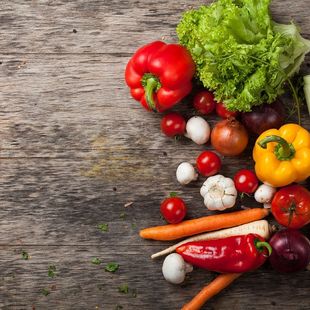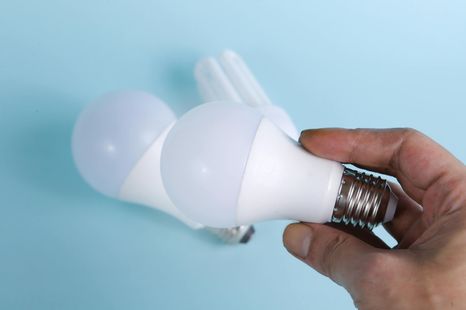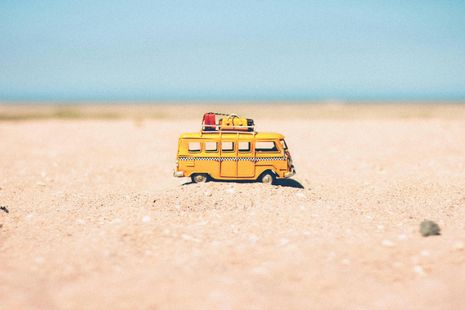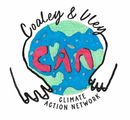COALEY & ULEY
CLIMATE ACTION NETWORK
WELCOME TO CUCAN!
We are a group of climate and nature concerned individuals from Coaley and Uley. We meet regularly to discuss what actions we can do locally to help mitigate climate change, and nature damage. We have worked on a number of successful projects in the two villages: from tree planting to helping residents repair their broken items at our repair cafes. Please explore our website for more information about what we do, why we do it and what you can do!
News in brief:
* A
Nature Corridors map
for Uley is developing, with an aim to encourage and
include
'Wildlife Friendly Gardens'
and gardeners. Check it out
here (Oct '25)
* The 300 hedgerow saplings planted on Uley Common in March are growing well, surviving dry weather. They have been watered 5 times during the dry summer. Photo (July '25)
UPCOMING EVENTS
Repair Cafe
The next Repair Cafe will be in Nympsfield Village Hall
on Sunday afternoon 18 January
For a list of the items successfully repaired at the May
Repair Cafe in Coaley Village Hall look
here
Bring along your items for repair and enjoy some tea, coffee or cake.
We will have a broken Spectacles repairer, and an Electronics Engineer this time,
We frequently mend textiles, furniture and other assorted items.
Tool sharpening is very popular
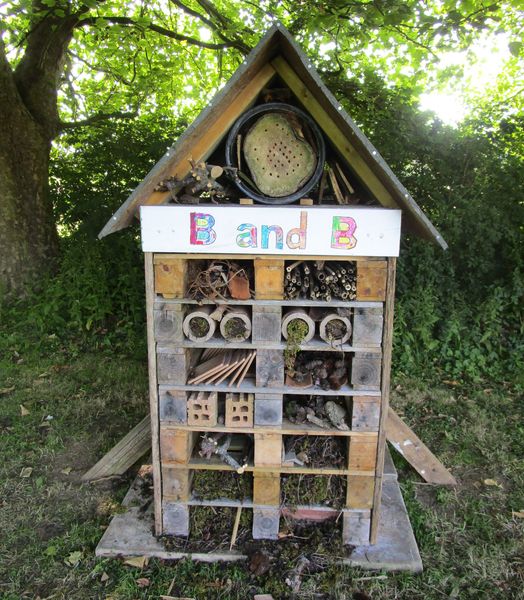
WORKING TOGETHER
We work within Coaley and Uley on various projects aimed at reducing our environmental impact and improving our local environment
PAST PROJECTS
BUG HOTEL and a LOGO
In 2022 we built a Bug Hotel on the edge of Coaley School recreation field, with some of the children helping; and children from Coaley and Uley Schools designed our Logo.
PAST PROJECT
PARISH CARBON FOOTPRINTS
Using the online Exeter University/Centre for Sustainable Energy 'Impact-tool' we have calculated the Total Village and Per Household carbon footprints of Coaley and Uley villages.
CURRENT PROJECT
TREE PLANTING
In 2023 and 2024, 300 tree saplings were planted in 3 different locations in Uley with the help of volunteers, pupils from Uley Primary School and the landowners. In 2025, 300 saplings were planted as a border hedge on Uley Common.
CURRENT PROJECT
REPAIR CAFES
We have held Repair Cafes every 3 months since 2022. We alternate between Coaley and Uley Village Halls. So far we have repaired items, as diverse as a washing machine, pieces of furniture, a silver necklace - and sharpened very many garden tools!
What Causes Climate Change?
The more carbon dioxide (CO2) and other greenhouse gasses (such as methane) there are in the Earth's atmosphere the more heat is absorbed. When fossil fuels are burned by humans, the carbon that has been stored underground for millennia is released into the atmosphere as CO2. Since 1950, atmospheric CO2 has increased from 300 parts per million (ppm) to over 400 ppm. In turn, global mean temperatures have increased (see graphs below).
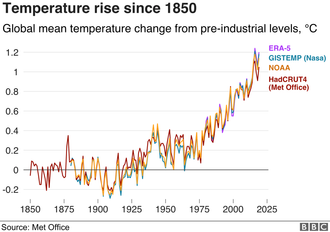
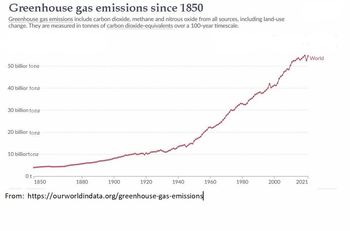
As the air temperature rises, clouds hold more water, which leads to heavier rainfall. There is more energy in the air so the wind speeds increase, and the weather patterns change. The consequences are increased flooding, melting of the ice caps and glaciers, hotter daytime temperatures, extended droughts in places, and more wild fires. Working in air temperatures over 50 deg C leads to health hazards such as kidney damage.

